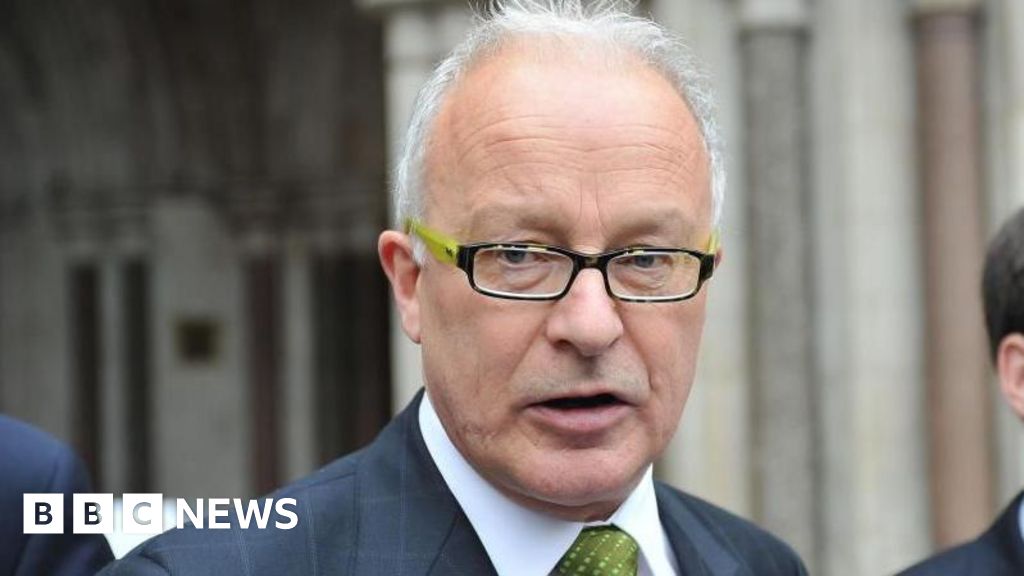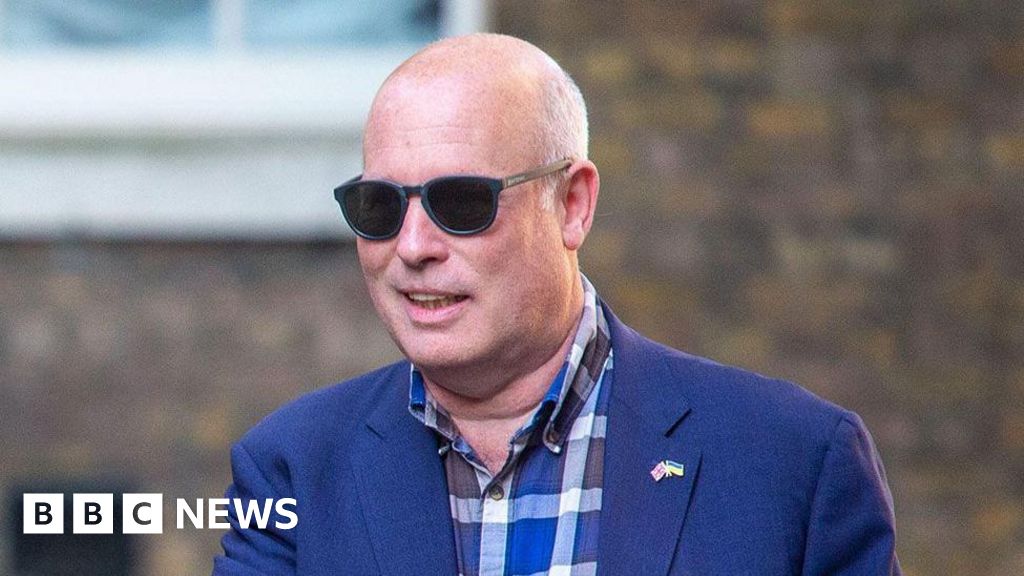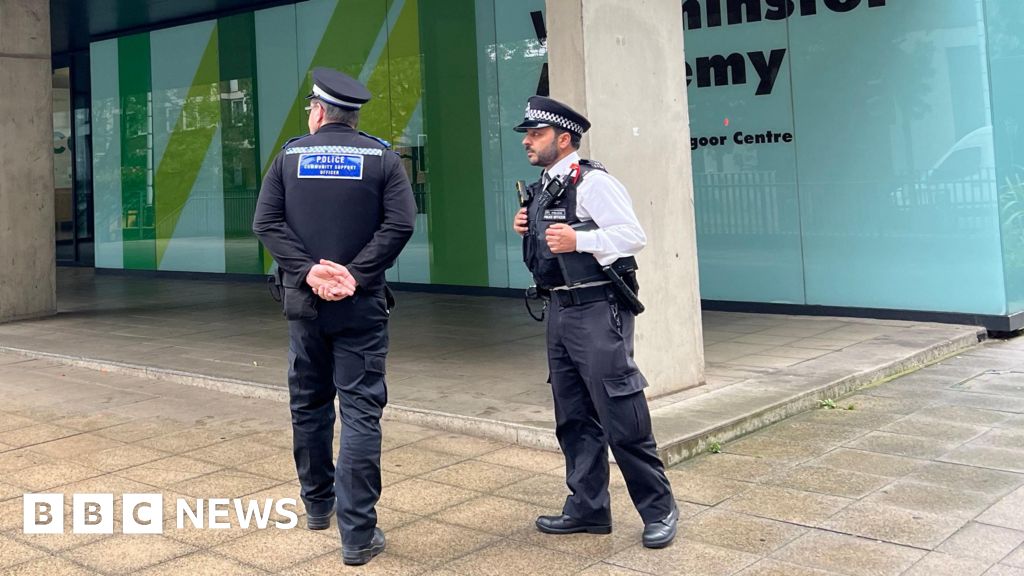With a fresh crop of Labour ministers at the helm, is it still education, education, education — so many years after Tony Blair, on the eve of power, first declared that these would be the party’s priorities in government? The new education secretary, Bridget Phillipson, (A-level results: four straight As, as she confessed over the summer) seems to be a star performer in the war for the chancellor’s ear. The party conference in Liverpool, conspicuously gloomy on many fronts, revealed that Rachel Reeves is likely to back a big push to expand early years education and nurseries, a key Phillipson ask.
Ambitious goals set out by Phillipson — an Oxford graduate who grew up in poverty — to “break the link between background and success”, mean that the state is going to need input from schools and charities experimenting with what helps deprived children. Like all spending departments, hers has been warned not to expect largesse. It is left, as one school leader said, “looking for sixpence down the back of the sofa”.
I pondered this lack of funds while gazing into several impressive — and expensive — craters earlier this year on a tour with Lucy Heller, chief executive of the academy schools chain Ark, of the building site to be opened with fanfare next week under the umbrella name of EdCity. This new hub for children and families comprises a primary school, youth club and 132 affordable homes in a neglected, deprived corner of west London. There will also be an adult education centre and nursery.
The buildings that have risen up out of those muddy holes are designed to house services to help families with a variety of needs all on one campus.
“Still a few hard hat areas,” Heller updated me later. “But it looks very handsome.” EdCity is in one of Europe’s largest social housing estates, which has remained stubbornly untouched by the newly buzzy atmosphere a short walk away: Wood Lane is home to a Soho House private members’ club, a gleaming Imperial College outpost, a start-up incubator and more.
“We need partnerships”, says Heller, “for parts [of society] that nearby commercial regeneration don’t reach.” She sees the future of schools as “community hubs”, offering the government a way to provide help to families in need. The £150mn funding for the project came from Ark’s own charitable fundraising and the local council, Hammersmith and Fulham. She is advising academy trusts around England interested in similar projects.
The Laidlaw Schools Trust, consisting of 11 schools in areas of high deprivation in north-east England, is piloting on-site nurseries alongside help with training and skills for parents. The aim is to try to improve the “school readiness” of children from disadvantaged homes — and the employment prospects of the whole family.
Ark and the Laidlaw group are confident that Phillipson will make the most of what she can learn — and copy — from their early years provision, at least. Heller believes that school improvement across the system depends on the question: “How can you share rather than reinvent the wheel every time?”
Clearly, funding from well-supported school groups and education charities is welcome while the public purse is so firmly closed — although reliance on philanthropic cash can be a get-out for the Department for Education. Former FT columnist Lucy Kellaway’s initiative Now Teach, which recruits late-career professionals to shortage subjects such as maths and languages, has lost its government funding. Labour ministers have so far declined to rescue it, citing the previous government’s failure to fund teachers’ pay rises for the squeeze — leaving Kellaway to keep the scheme going this academic year only after donors rode to the rescue.
There will be no swift return to DfE funding experimentation but the tried-and-tested schemes of academy chains such as Ark and Laidlaw have a better chance of flattery by imitation as ministers look at how to fix the complex family problems holding kids back. One Laidlaw head reported that the worst problem in her school right now was the mental health of parents — the future Bridget Phillipsons may rely on the secretary of state seeking solutions outside the classroom.















































































































































You must be logged in to post a comment Login